(PLVN) - The National Assembly is discussing the draft Law on Value Added Tax (amended). One of the contents that delegates are interested in is the regulation on VAT on fertilizers. Many opinions say that it is necessary to amend the current regulations and impose VAT on fertilizers to promote the localization process.
According to the Law on Value Added Tax No. 71, effective from January 1, 2015, fertilizers, machinery, and specialized equipment for agricultural production are not subject to VAT. This policy has caused Vietnamese fertilizer manufacturing enterprises to suffer because their input VAT cannot be deducted and must be accounted for in expenses. Meanwhile, they are not allowed to collect output VAT. This is in the context of the trend of oversupply in the world fertilizer market from 2015 to before the Covid-19 pandemic, causing many domestic enterprises to suffer huge losses and have to reduce production.
Businesses and many experts believe that the introduction of VAT refunds will create practical benefits. When applying output VAT, businesses will be able to deduct input tax, helping to reduce production costs and can lower analysis prices, helping farmers save on input costs.
During the discussion session on the draft Law on Value Added Tax (amended) at Dien Hong Hall, Delegate Pham Van Hoa - Dong Thap , affirmed: “Fertilizers not subject to tax have caused great impacts and disadvantages for domestic fertilizer production enterprises over the past time. Because the input value added tax of these enterprises is not deductible, it must be accounted for in costs, including the very large input tax on investment and purchase of fixed products, causing the cost of domestic products to increase, unable to compete with imported goods, so it is unfair to the fertilizer products we produce domestically.”
Delegate Truong Trong Nghia - Ho Chi Minh City - said that tax policy needs to set a localization rate for important industries such as fertilizers. Delegate Nghia urged that in the context of international integration, Vietnam needs to move towards self-reliance and self-reliance, and to do that, domestic enterprises must be supported by fair and effective tax policies.
Delegate Truong Trong Nghia pointed out that applying a 5% VAT will create conditions for the domestic fertilizer industry to develop more strongly, thereby providing products with reasonable prices and high quality to rural people.
Based on the analysis of financial principles, delegate Trinh Xuan An - Dong Nai affirmed: applying a 5% tax on fertilizers will benefit the State, businesses and people.
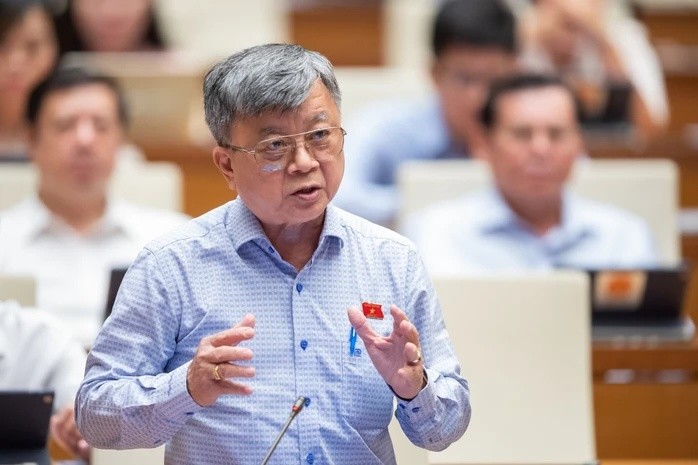 |
Delegate Truong Trong Nghia – (Ho Chi Minh City National Assembly Delegation) |
The delegate analyzed: “Value added tax must be cyclical, input and output must go together, there is no principle that output is not subject to tax but input is subject to tax. I remember when we made Law 71, we changed value added tax from 5% to zero, at that time the idea was to include it, then we would calculate and give deductions to businesses, later we would not be able to deduct it anymore, which would be very disadvantageous for businesses. Now let's go back to this story, I will give an example, if a business has an input product that costs about 80 VND, they will pay an input value added tax of 8 VND, the selling price of fertilizer is 100 VND, if that price is not deductible, in principle they must include it in the cost, must be included in the price and that price will be 108 VND, if we include 5%, the business will be able to deduct 8 VND, we add another 5%, the price will only be 105 VND. When making the price must follow the principles of accounting and finance, it is not natural that if we apply a 5% tax, the price will increase by 5%, we must calculate the nature of the Law on Value Added Tax like that. I agree with the explanation of the National Assembly Standing Committee and this is well-founded.
According to the delegate, domestic enterprises and import enterprises must be equal. The application of 5% tax only affects import enterprises, but we protect domestic enterprises and our people will have the opportunity to reduce prices. The principle of price setting must follow financial regulations, it is not natural that it will increase by 5% and people will be affected.
Delegate Dang Bich Ngoc - Hoa Binh compared with world regulations, and worried that Vietnam's current tax policy would affect domestic fertilizer production enterprises.
The delegate said: Countries around the world apply value added tax to the fertilizer industry. For example, China, the world's largest fertilizer producer and consumer, is currently applying a value added tax of 11% on fertilizers. At the same time, the country has also issued a number of policies to exempt and reduce corporate consumption tax for fertilizer production enterprises, especially those producing organic fertilizers, microbial fertilizers, environmentally friendly fertilizers and fertilizer production enterprises that invest heavily in research and development or use advanced technology in production. Similarly, Russia, the world's largest fertilizer exporter, is also applying a value added tax rate to the fertilizer industry to improve crop productivity and quality, contributing to ensuring food security and sustainable agricultural development.
She is concerned that if the current regulations are maintained, all businesses in the domestic fertilizer industry will be affected, and this industry may gradually shrink and be replaced by imported fertilizers. In the long term, the agricultural sector will depend on imported fertilizers and it will be difficult to achieve the goal of developing sustainable agriculture, because fertilizers are essential inputs for agricultural production and are greatly affected by supply and demand in the world market.
Analyzing very carefully, Delegate Cam Thi Man - Thanh Hoa said that the application of a 5% tax rate on fertilizers at Point b, Clause 2, Article 9 of the draft law is a content that many delegates and voters are interested in, including a large number of voters who are farmers because this change has a direct impact on their lives and livelihoods.
She affirmed: The responsibility of the National Assembly as well as the responsibility of the delegates must consider and evaluate this issue very carefully and thoroughly in many aspects. Through careful study of the impact assessment report of the Drafting Committee and the explanation and acceptance of the National Assembly Standing Committee as well as the opinions of voters who are farmers of enterprises and related associations from many different sources, she said that we can rest assured about this change compared to the current law. Rest assured that imposing a 5% tax on fertilizers does not mean that this item will increase in price. At the same time, the assessment reports also show that the fertilizer production capacity is very large, mainly domestic enterprises, the proportion of imported fertilizers compared to domestic production accounts for only 27%. If a 5% tax rate is applied, imports will also be subject to 5% and will also be subject to the same regulation as domestic fertilizers.
“In addition, fertilizers are subject to state control and price stabilization. Therefore, applying a 5% tax rate means that we can simultaneously achieve the goal of expanding the tax mechanism, moving towards applying a single tax rate, while restoring support for domestic production and in the long term will create sustainability and stability in the domestic supply of fertilizers, not depending on imported fertilizers, which is the basis for reducing the cost of fertilizers. Thus, farmers as well as domestic production enterprises will benefit from this change,” the delegate affirmed.
At the National Assembly, Delegate Nguyen Van Chi (National Assembly Delegation of Nghe An Province) also expressed his agreement with the proposal to impose a 5% VAT on fertilizers, supporting the Government's proposal and the opinion of the National Assembly Standing Committee when the draft law changed this product to be subject to a 5% VAT.
"From the perspective of a unit directly involved in examining this content, we would like to debate, but more accurately, to be provided with more information on the impact assessment of this policy as some delegates have suggested. First of all, it must be said that from the impact assessment perspective, it can be said that at first glance, we will immediately think that when fertilizers are not subject to VAT but are subject to 5% VAT, the price level will increase by 5%. This is theoretically correct, but it is true in each case. For example, this product is subject to 2% VAT, when increased by 5% to 7%, it is very likely that the price level will increase by 5% due to the addition of this new tax increase," Ms. Chi analyzed.
According to Ms. Chi, fertilizer is a very special and different field compared to all other processed products currently circulating on the market, that is, fertilizer is not subject to tax, so all domestic manufacturing enterprises are not allowed to deduct input tax and the entire input tax value, including very large values such as investment, must be added to the cost, leading to very high costs. All are added to the cost and added to the selling price.
 |
National Assembly Delegate Nguyen Van Chi (National Assembly Delegation of Nghe An province). |
However, for imported fertilizers, when exported to Vietnam, the entire input tax is still deductible, which is a distinct advantage. We have "discriminated" between domestically produced fertilizers and imported fertilizers by the non-tax mechanism. At the same time, domestically produced fertilizers are "discriminated" against all other domestic manufacturing industries because all other industries are subject to 5% and 10% VAT.
Therefore, with the change to apply 5% VAT, it does not mean that the price level will increase by 5% because domestic fertilizer enterprises have room to reduce prices when they are deducted this input tax or in many cases they will be refunded so the price level will decrease. Therefore, it cannot be said that farmers or the agricultural sector are affected.
"Vietnam is an agricultural country, it needs stability, must rely on domestic fertilizer production or will Vietnamese agriculture rely mainly on imported fertilizer. We should let Vietnamese manufacturing industry be "treated" equally, according to market mechanisms, that is, it must be taxed and have input deductions like all other domestic manufacturing industries," said the delegate.
Source: https://baophapluat.vn/can-ap-thue-vat-voi-phan-bon-de-thuc-day-qua-trinh-noi-dia-hoa-nong-nghiep-ben-vung-post530400.html



![[Photo] Prime Minister Pham Minh Chinh chairs the meeting of the Government Party Committee Standing Committee](https://vstatic.vietnam.vn/vietnam/resource/IMAGE/2025/8/23/8e94aa3d26424d1ab1528c3e4bbacc45)

![[Photo] General Secretary To Lam attends the 80th Anniversary of the Cultural Sector's Traditional Day](https://vstatic.vietnam.vn/vietnam/resource/IMAGE/2025/8/23/7a88e6b58502490aa153adf8f0eec2b2)



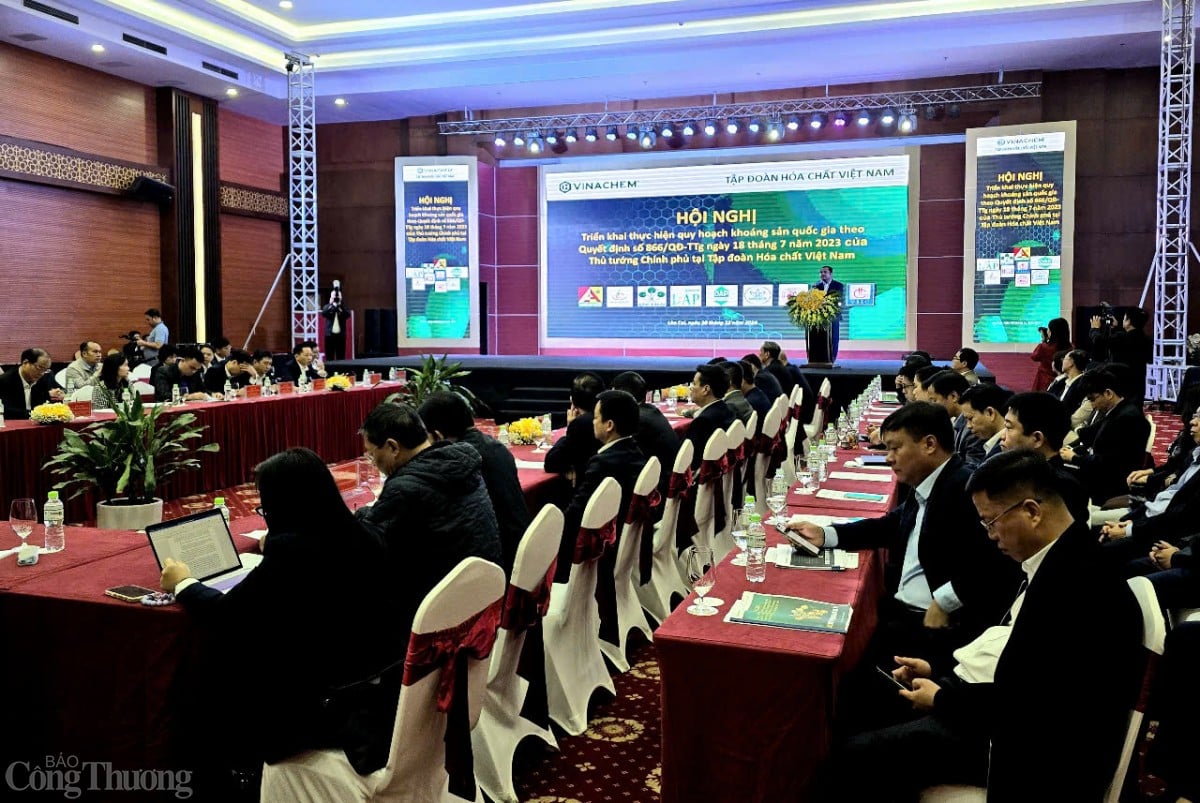

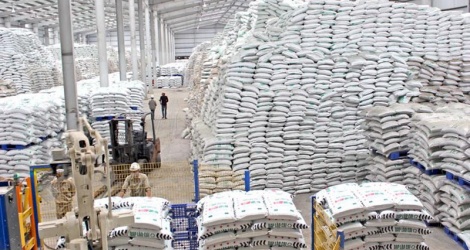

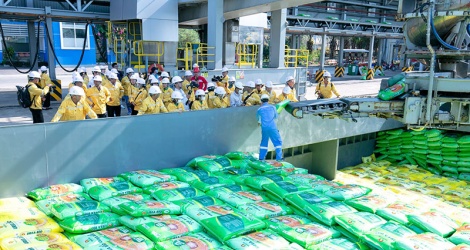

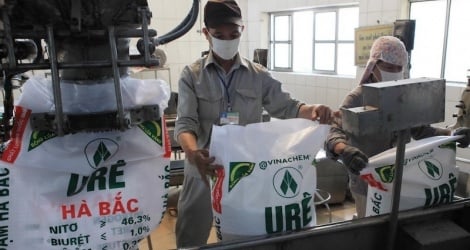
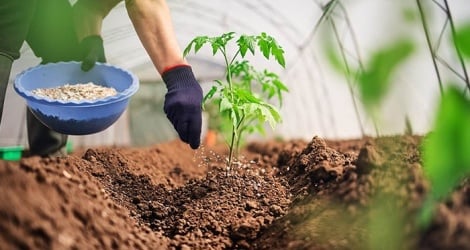
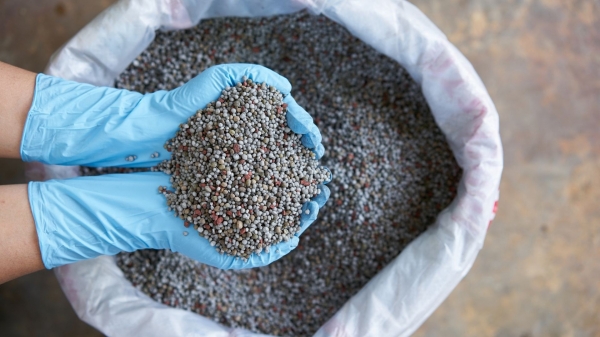


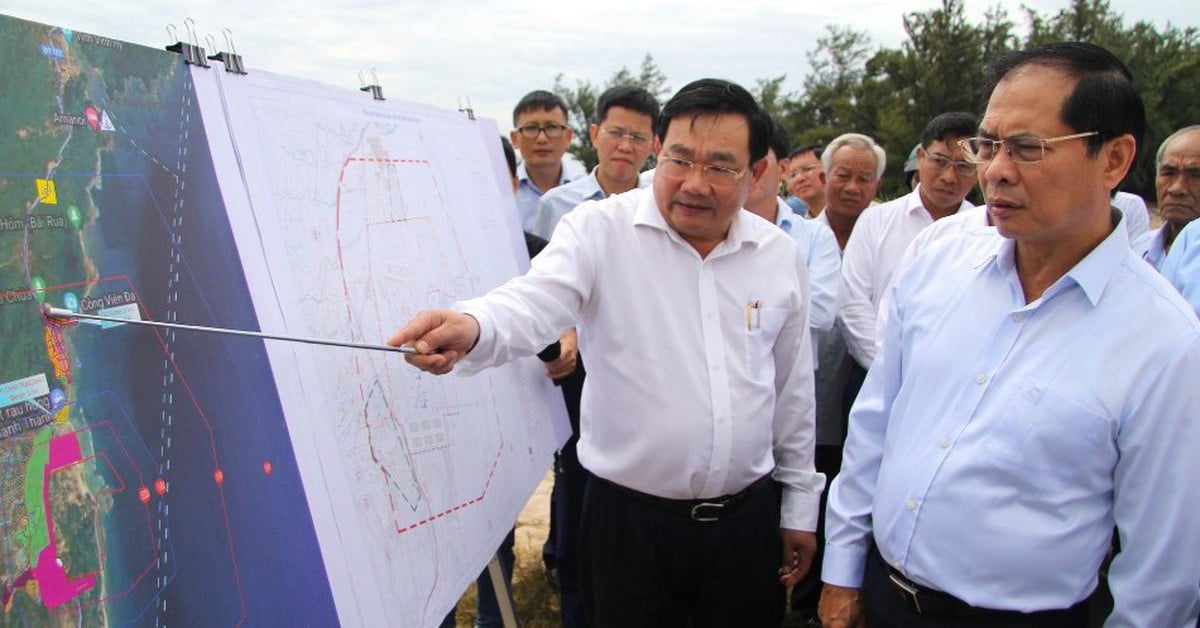


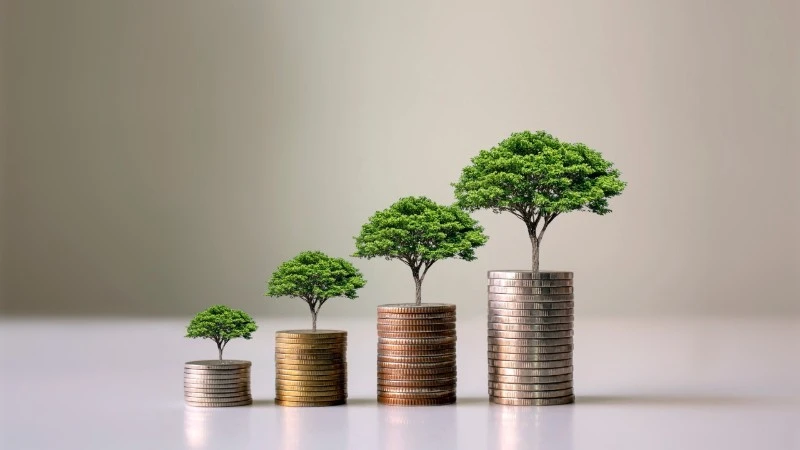

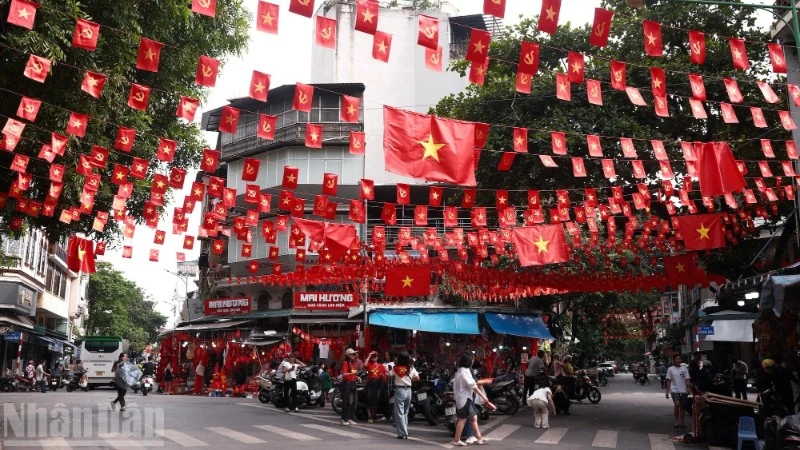








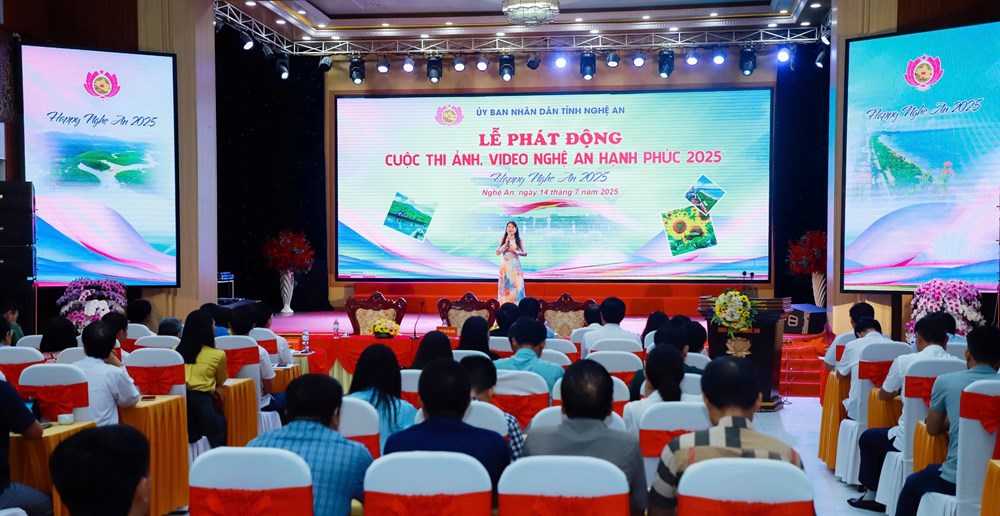
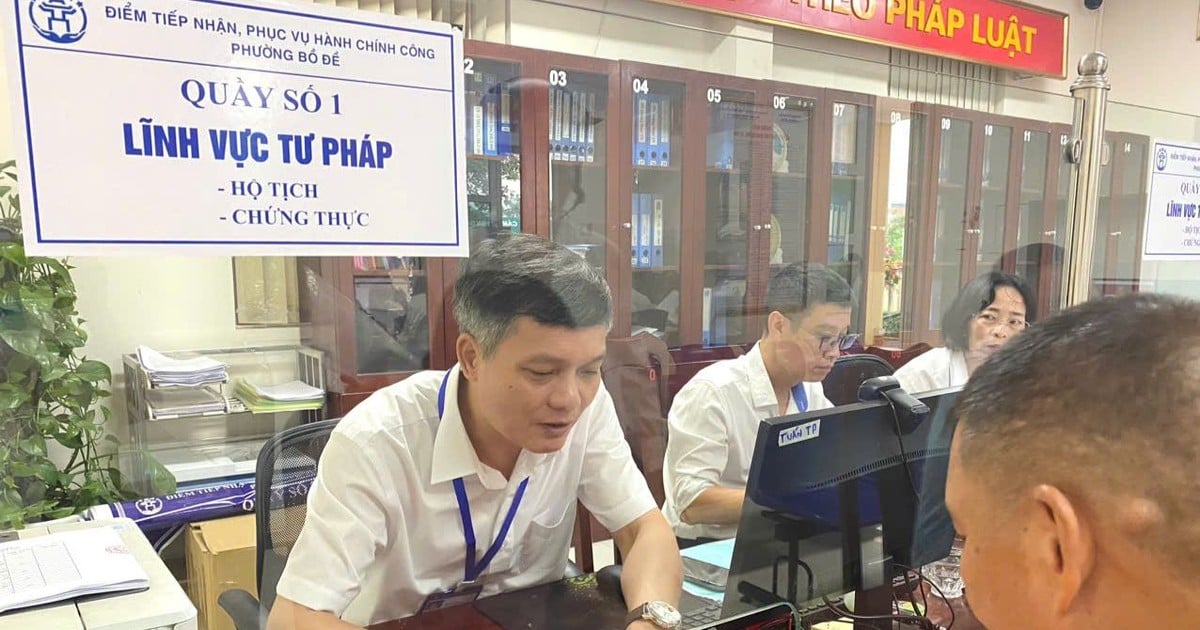


















































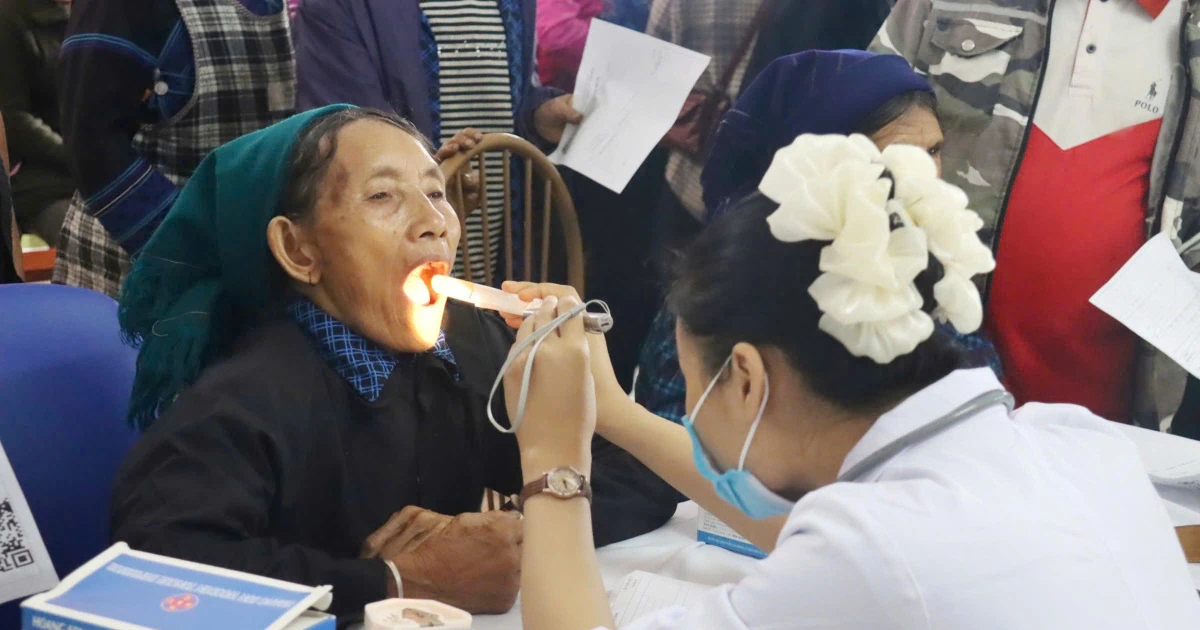















Comment (0)